Russia expects difficult talks with Ukraine as both sides remain locked in opposing demands over annexed territories and ceasefire terms.
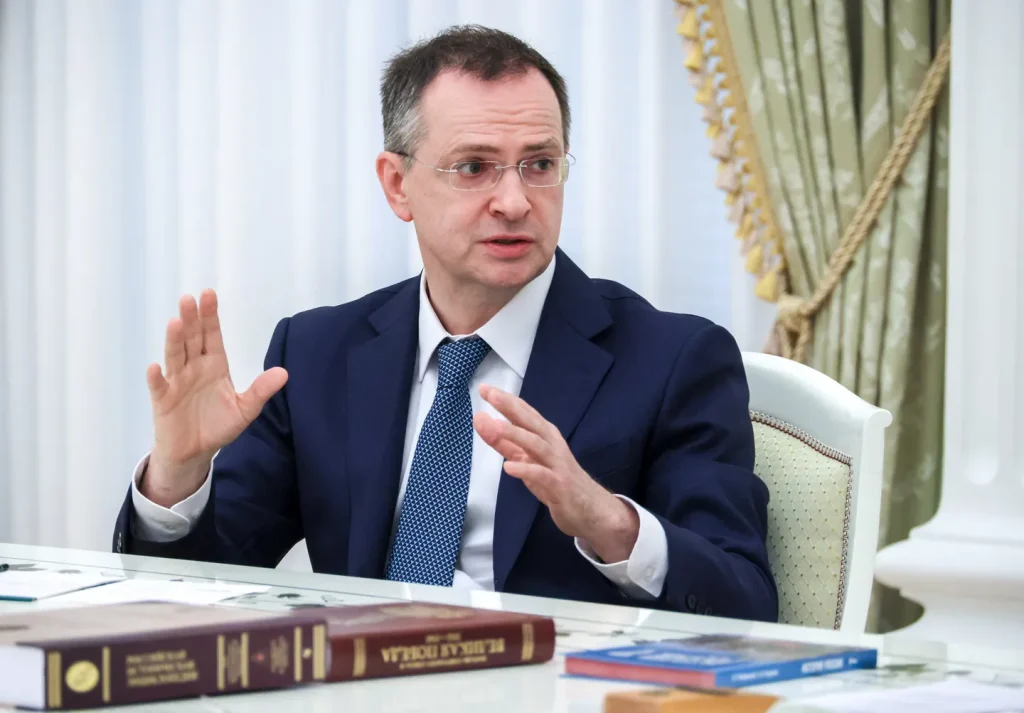
Diplomatic tension is high once again. As another round of negotiations is anticipated in Istanbul, Russia expects difficult talks with Ukraine, citing irreconcilable differences over territorial control and the conditions for peace.
Moscow has insisted that Ukraine must withdraw from four partially occupied regions—Donetsk, Luhansk, Zaporizhzhia, and Kherson—before any progress can be made. Kiev, however, remains defiant, stating it will never concede land under Russian control and that any dialogue must begin with a complete ceasefire.
Red Lines: Annexed Territory and Ceasefire Disputes
At the center of the impasse is a fundamental disagreement on what peace even looks like. For Russia, recognition of the “new realities on the ground” is non-negotiable. The Kremlin maintains that the four regions—and Crimea, annexed in 2014—are now permanently part of the Russian Federation.
Ukrainian officials, meanwhile, have declared that there can be no diplomatic progress unless Moscow first ends hostilities and withdraws its troops. They have emphasized that any acceptance of territorial loss would set a dangerous precedent—not just for Ukraine but for international law.
Istanbul: The Neutral Stage
Talks in Istanbul are expected to resume in the coming weeks, though no official date has been announced. Turkish mediators have previously hosted discussions between the two sides, including during the initial months of the full-scale invasion in 2022.
Ankara hopes to play a neutral role, offering both a geographic and diplomatic bridge between Europe and Eurasia. But with Russia expecting difficult talks with Ukraine, expectations remain low for any major breakthroughs.
International Pressure and Strategic Messaging
Both sides are also managing external expectations. NATO leaders continue to voice full support for Ukraine’s territorial integrity, while Western allies reiterate that no deal should undermine international norms. Russia, on the other hand, continues to build ties with non-Western powers and present itself as open to negotiation—on its terms.
Analysts suggest that Russia’s insistence on Ukrainian withdrawal could be a strategic move to delay serious talks while solidifying its military hold on the ground. Kiev sees this as unacceptable.
Crimea: The Non-Negotiable Core
Perhaps the most contentious point remains Crimea. Ukrainian President Volodymyr Zelensky has consistently maintained that Crimea must be returned. Moscow, meanwhile, views the peninsula as a symbolic and strategic red line it will not cross.
This makes any negotiated settlement particularly fragile. With both sides anchored to mutually exclusive red lines, Russia expects difficult talks with Ukraine, and observers agree: the gulf between the two negotiating tables may be too wide to close soon.

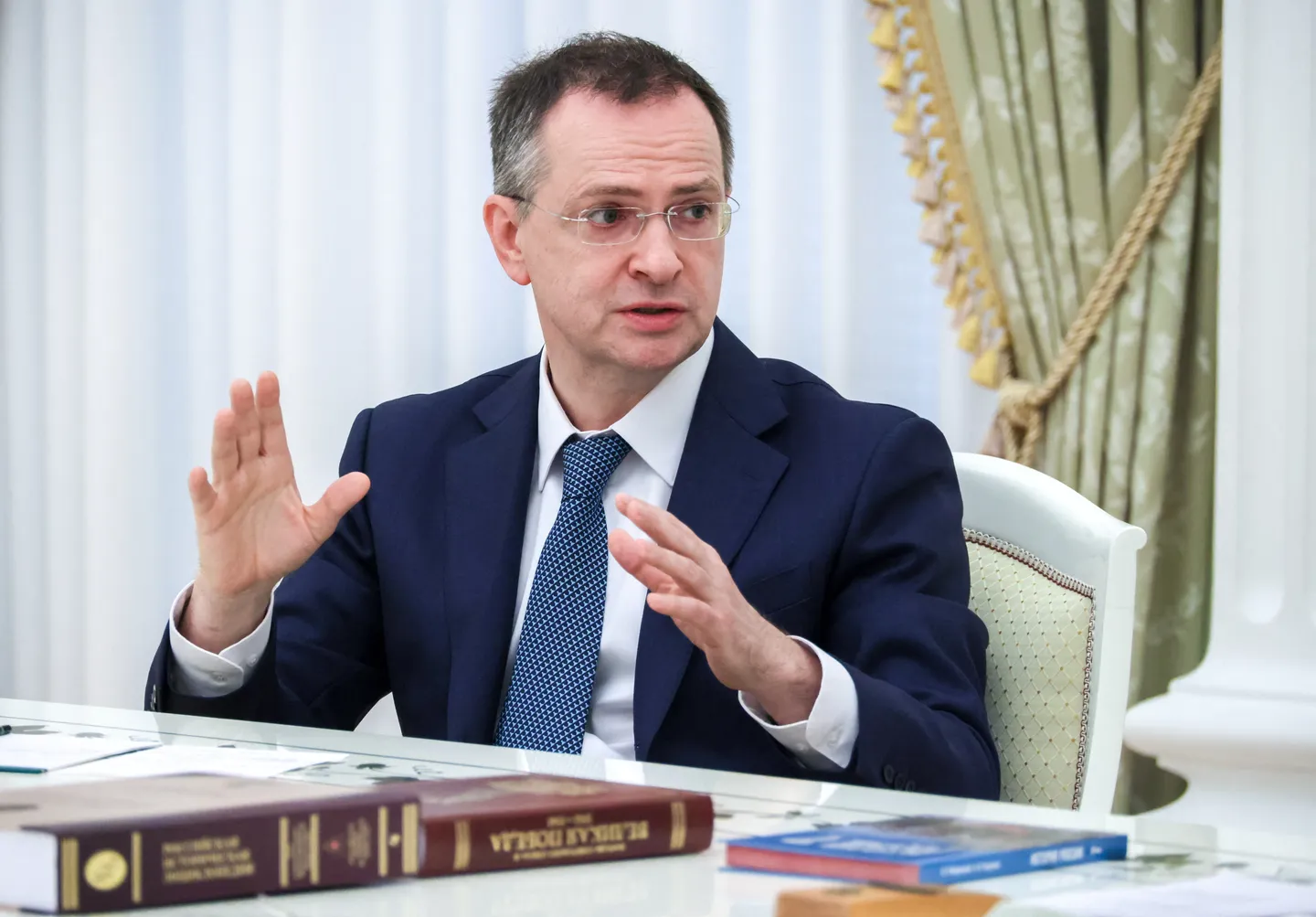









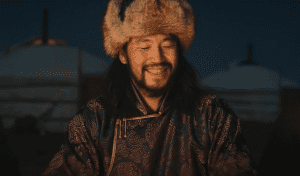
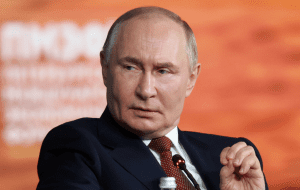
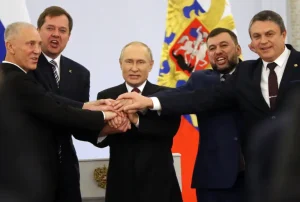
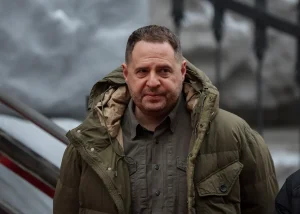
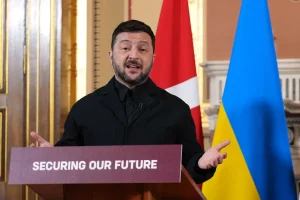
Comments are closed.